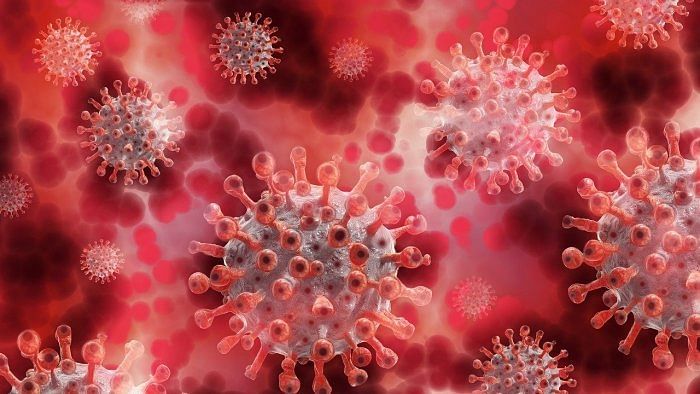
In a move strengthening the coronavirus variants surveillance in the country, a consortium of four city clusters – Bengaluru, Hyderabad, New Delhi and Pune – has been formed, aiming to sequence the genome of 40,000 Covid-19 virus samples in one year.
The association led by CSIR-Centre for Cellular and Molecular Biology (CSIR-CCMB), Hyderabad includes various partners in the three other cities- National Centre for Biological Sciences-Tata Institute of Fundamental Research, InStem-DBT and NIMHANS in Bengaluru; CSIR-Institute of Genomics and Integrative Biology in New Delhi and Pune Knowledge Cluster, IISER-Pune and CSIR-National Chemical Laboratory in Pune.
The initiative is supported and seed-funded by the Rockefeller Foundation.
The expansion of the coronavirus genome scrutiny in the country through the CCMB led group complements the ongoing virus variant detection under the Indian SARS-CoV-2 Genomic Consortia (INSACOG) – a network of 10 labs formed in December.
“We aim to analyze the genome of about 40,000 Covid-19 virus samples under the project, over a period of one year. These samples would be mainly from the four cities,” Dr Rakesh Mishra, advisor, CSIR-CCMB told DH.
According to Dr Mishra, INSACOG has carried out the genome analysis of about 20,000 samples till now. Genome sequencing, which helps understand the modifications undergone by the virus, is an expensive process costing about Rs 4,000-5,000 per sample.
CSIR-CCMB, IGIB, DBT-InSTEM and NIMHANS are already part of INSACOG, constituted by the government of India to monitor the SARS-CoV-2 mutations on a regular basis. INSACOG was formed against the backdrop of the emergence of multiple variants.
The emergence of more infectious strains like B.1.617.2 aka Delta, the variant stated as primarily responsible for the Covid-19 second wave in the country, has become a serious concern in controlling the pandemic.
“Our aim is to develop strategies and capabilities to identify Variants of Concern before they spread widely and cause outbreaks. This will also help correlate with clinical symptoms and disease severity, potentially associated with emerging variants,” said Dr Mishra, who will lead the consortium efforts along with Prof Satyajit Mayor, NCBS, Prof LS Shashidhara, Pune Knowledge Cluster and Dr Anurag Agrawal, CSIR-IGIB.
The consortium would work closely with the local governments, hospitals and clinicians. In collaboration with INSACOG, the consortium aims to eventually make this a national effort by expanding to other strategic locations in India, CCMB said in a statement.
“The consortium aims to develop targeted sampling strategies based on granular epidemiological and clinical data. Coupled with intense environmental surveillance and advanced computational techniques, the consortium would also focus on building capabilities for real-time surveillance and epidemiology.”
Check out DH latest videos: